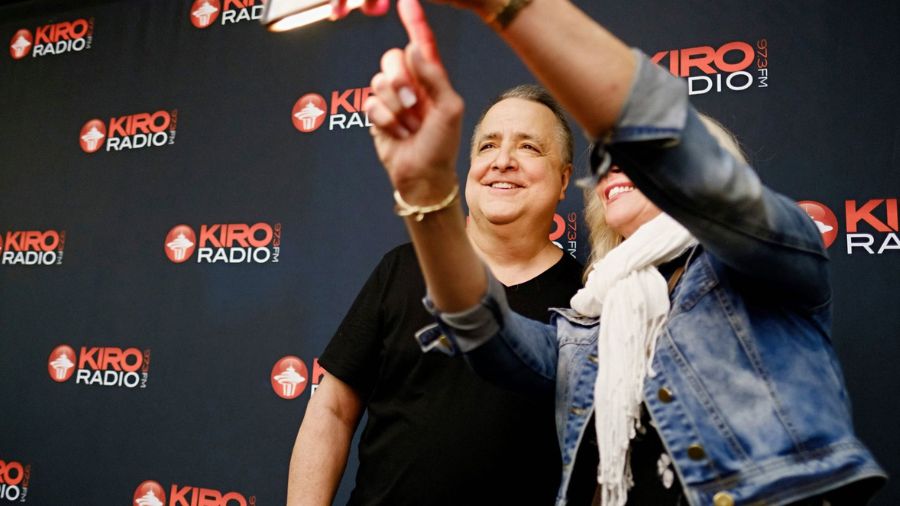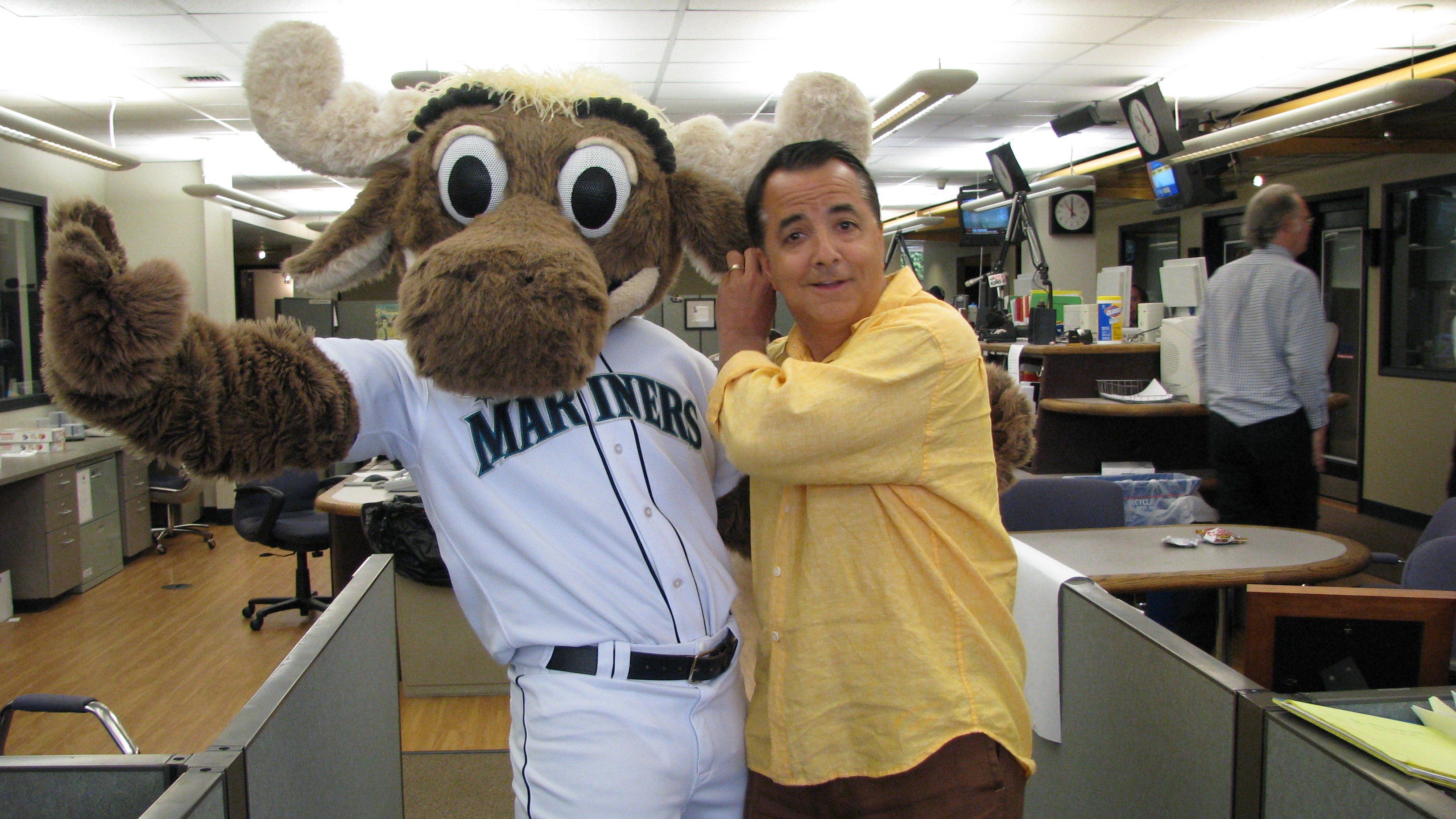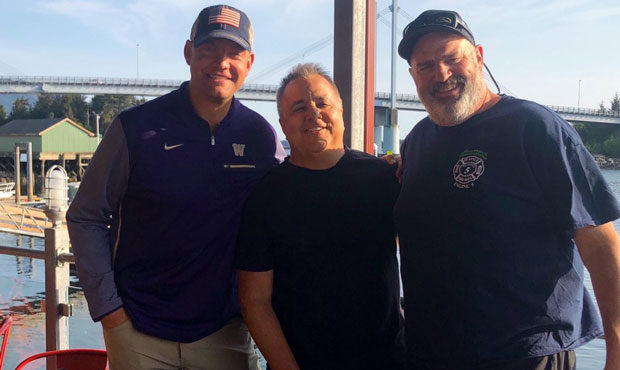Can Seattle learn from Utah’s success solving the homeless crisis?
Jan 21, 2016, 4:31 PM | Updated: Jan 22, 2016, 8:49 am

Utah has had success solving its chronic homeless problem. Can Seattle learn a thing or two from Salt Lake City? (AP)
(AP)
Salt Lake City did it. Can Seattle?
Lloyd Pendleton is the director of the State of Utah’s Homeless Task Force. Spending around $20 million per year, the task force has concentrated efforts on segments of its homeless population. Notably, it has reduced its chronically homeless population over the past 10 years.
Related: Where do roadside RVs dump waste in Seattle?
“We have reduced our chronic homeless number by 91 percent since 2005,” Pendleton said. “The chronic homeless population is about 10 percent of the overall homeless population. And they are very expensive. They cost the city $20,000 to $45,000 per year, per person in emergency services.”
“We have about an 85-90 percent success rate of these people staying housed,” he said.
Chronically homeless in Utah is any adult with a disabling condition who is homeless for one year or longer, or a person who has experienced homelessness four times within three years.
“There’s a lot of mental health issues, substance abuse issues and all that,” he said.
It led KIRO Radio’s Dori Monson to wonder how Utah and its largest city, Salt Lake City, so successfully addressed its homeless problems. Especially as Seattle faces its own homeless crisis.
“You were a model for us,” Pendleton said, noting that Utah officials visited Seattle in 2005 to see how the Emerald City handled homelessness.
Since then Utah has established methods to address the problem. Seattle, on the other hand, has experienced an increase in homelessness, with tents popping up along the roadsides and freeways, RVs lining neighborhood streets, and people sleeping on the sidewalks.
More recently Seattle organized tent encampments in Ballard and Interbay for homeless people living in tents. The city is currently establishing two sites for homeless people living in RVs.
Has Utah done anything differently?
Utah’s approach to homelessness addressed the housing need first, then moved on to assisting with whatever an individual needed.
“You know about Maslow’s Hierarchy of Needs? If you are not safe, and not getting food and those factors, you are not going to go and have much to do with treatment programs,” Pendleton said. “Those needs have to be met first, and that’s why the housing-first model that we implemented works. You put them in housing first, you wrap services around them and meet those basic needs – safety, food, warmth, clothing.”
“Treatment programs are nice, and they are important and needed. But first, housing is needed,” he said. “In order for a person to benefit from substance abuse treatment or mental health programs they need to be in stable housing.”
In Salt Lake City, Utah built 1,200 housing units for those experiencing homelessness, along with several hundred other sites scattered throughout the area. When a person experiencing homelessness is in a secure environment, Pendleton said that it is easier to address treatment issues – whether mental health or addiction — and other contributing factors, and put people on a path out of homelessness. There are case managers that work through the housing sites to assist individuals.
“Supporting services are absolutely crucial when you are dealing with this population and putting them into housing,” he said, noting that emergency shelters are the entry.
Pendleton said that camps might not be the most effective approach.
Pendleton notes that Utah saw a huge increase in homelessness in 2005. They addressed chronically homeless people first. Now the state has set its sights on another segment — homeless families.
He says that despite the two states being different, solving Washington’s homeless crisis can be done.
“It can be done if you are getting the resources repurposed toward permanent supportive housing,” Pendleton said. “To say that Utah can do it, but we can’t do it — I disagree. You can do it.”













